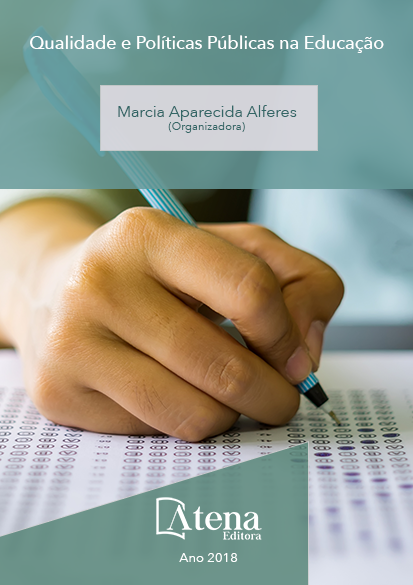
EDUCAÇÃO, EXCLUSÃO E SILENCIAMENTO: A ESCOLA PÚBLICA NA PROVÍNCIA DO RIO DE JANEIRO (1850-1889)
Esse trabalho articula-se com as investigações sobre a inspeção da instrução pública primária na província do Rio de Janeiro (1850-1889). Especificamente no contexto de criação da escola enquanto espaço formal e privilegiado de educação estabelecido pelo Estado Imperial Brasileiro em sua faceta provincial. Nas Assembleias Legislativas Provinciais, por intermédio do Ato Adicional de 1834, as províncias ficaram responsáveis pela regulamentação, criação e fiscalização de escolas primárias e anualmente os presidentes das províncias apresentavam Relatórios da Presidência e da Diretoria da Instrução. A leitura dessa documentação possibilitou, também, o surgimento de dois questionamentos básicos: a quem se destinava a educação escolar primária? Como os Relatórios da província do Rio de Janeiro tratavam a educação dos escravos e dos libertos? Através da investigação de caráter bibliográfico e documental, este trabalho teve como fio condutor analisar as possíveis exclusões e silenciamentos em relação à educação dos escravos e dos libertos. Com efeito, foi possível até o momento, verificar duas formas gerais de exclusão. A primeira, mais direta se refere na exclusão dos escravos expressa em todos os regulamentos da instrução provincial. A segunda se configura na invisibilidade produzida dos libertos (pretos e pardos) estabelecidos por vocábulos genéricos, a exemplo de “popular”.
EDUCAÇÃO, EXCLUSÃO E SILENCIAMENTO: A ESCOLA PÚBLICA NA PROVÍNCIA DO RIO DE JANEIRO (1850-1889)
-
DOI: 10.22533/at.ed.06318121228
-
Palavras-chave: Escola primária; Exclusão; Silenciamento
-
Keywords: Elementary school; Exclusion; Silencing
-
Abstract:
The present work relates to the investigations regarding the inspection on elementary public teaching in the province of Rio de Janeiro (1850-1889). Specifically in the context of the creation of school as a formal and privileged space of education established by the Brazilian Imperial State in its provincial facet. On the Provincial Legislative Assemblies, through the Additional Act of 1834, the provinces got responsible for the regulation, creation and supervision of elementary schools, and annually the presidents of the provinces presented Reports of the Presidency and the Board of Instruction. The reading of this documentation also enabled the emergence of two basic questionings: whom were the elementary schools intended to serve? How did the Reports of the province of Rio de Janeiro deal with the education of slaves and freedmen? Through a bibliographic and documental investigation, this work seeked to analyze the possible exclusions and silencings related to the education of slaves and freedmen. So far, it has been possible to identify two general forms of exclusion and silencing. The first and most direct one refers to the exclusion of slaves, expressed in all the regulations of the provincial instruction. The second one bases on the invisibility produced when it came to freedmen (blacks and browns), established by generic terms such as “popular”.
-
Número de páginas: 18
- Vinicius Teixeira Santos


